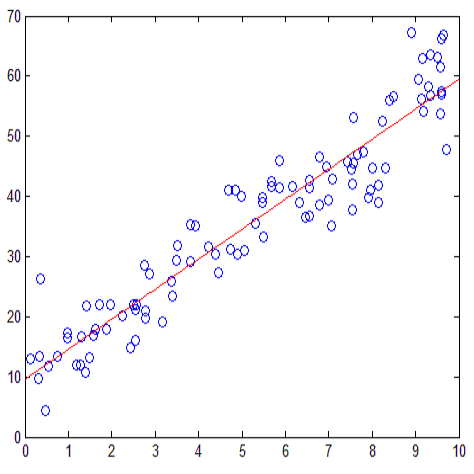Scientific collaborations benefit from collaborative learning of distributed sources, but remain difficult to achieve when data are sensitive. In recent years, privacy preserving techniques have been widely studied to analyze distributed data across different agencies while protecting sensitive information. Most existing privacy preserving techniques are designed to resist semi-honest adversaries and require intense computation to perform data analysis. Secure collaborative learning is significantly difficult with the presence of malicious adversaries who may deviates from the secure protocol. Another challenge is to maintain high computation efficiency with privacy protection. In this paper, matrix encryption is applied to encrypt data such that the secure schemes are against malicious adversaries, including chosen plaintext attack, known plaintext attack, and collusion attack. The encryption scheme also achieves local differential privacy. Moreover, cross validation is studied to prevent overfitting without additional communication cost. Empirical experiments on real-world datasets demonstrate that the proposed schemes are computationally efficient compared to existing techniques against malicious adversary and semi-honest model.
翻译:科学协作受益于对分布源的合作学习,但在数据敏感时仍然难以实现。近年来,对隐私保护技术进行了广泛研究,以分析不同机构分布的数据,同时保护敏感信息。大多数现有的隐私保护技术旨在抵制半诚实对手,需要进行密集计算以进行数据分析。安全合作学习因恶意对手的存在而非常困难,他们可能偏离安全协议。另一个挑战是保持高计算效率并保护隐私。在本文件中,矩阵加密适用于加密数据,以便安全计划针对恶意对手,包括选择的纯文本攻击、已知的纯文本攻击和串通攻击。加密计划还实现地方差异隐私。此外,还研究交叉验证,以防止在不增加通信成本的情况下过度配置。真实世界数据集的实证实验表明,与现有的打击恶意对手和半诚实模式的技术相比,拟议计划在计算上效率很高。



